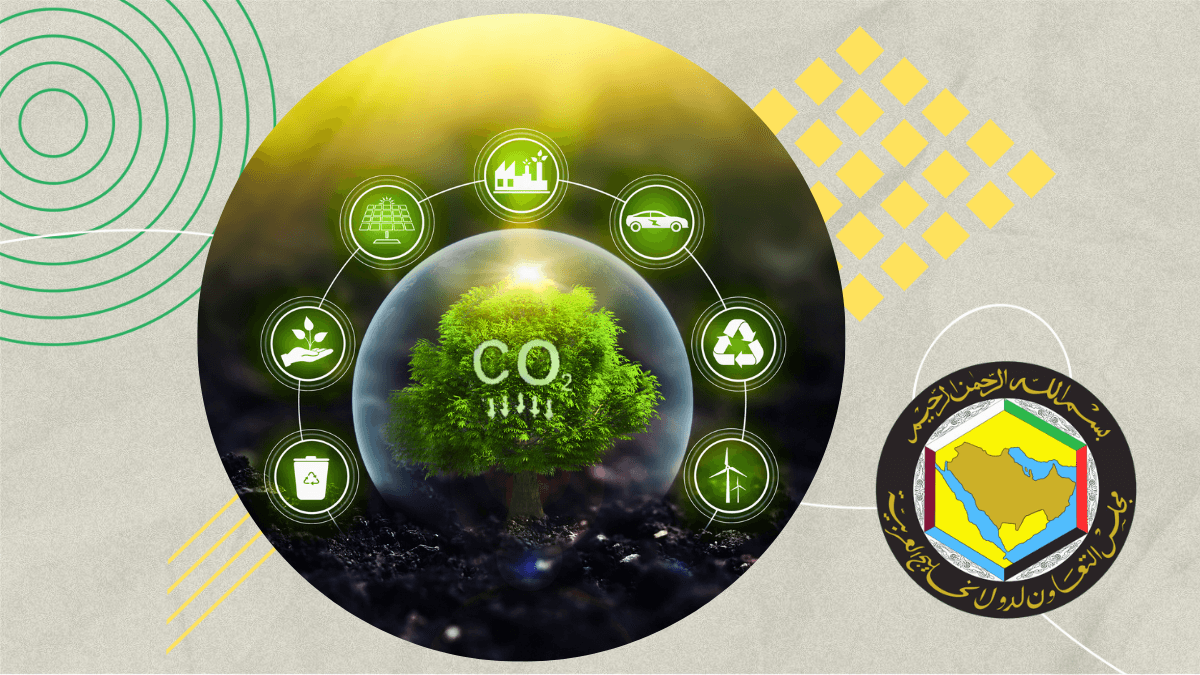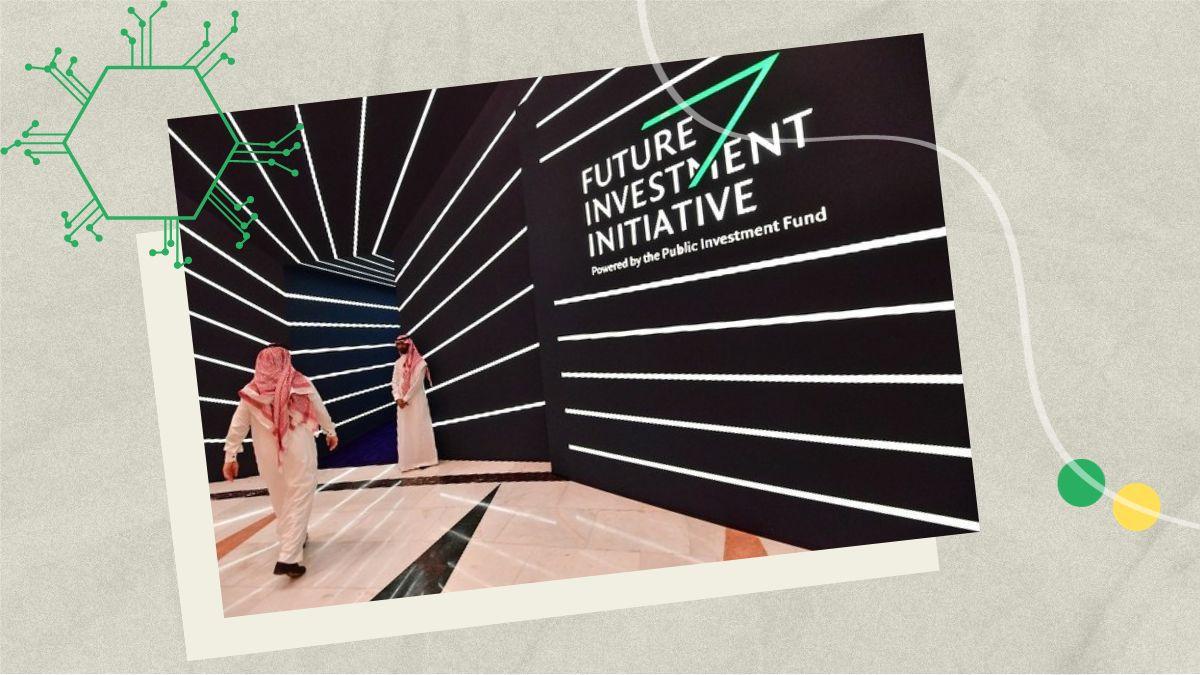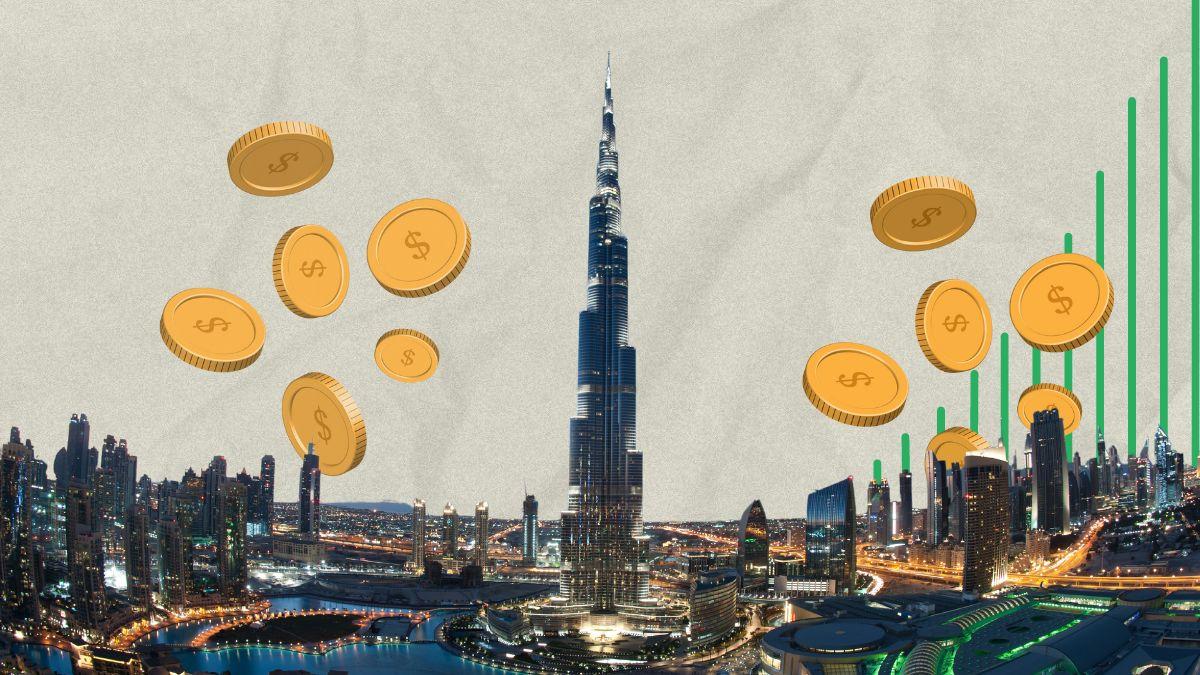Cultural assets in the GCC could reduce carbon emissions sustainably

3 min
GCC's sustainable cultural developments could be equivalent to removing 320,000 cars annually.
Saudi Arabia to invest over $100 Billion in cultural initiatives, aiming for global tourism spotlight.
Eco-friendly cultural venues in GCC may attract 8 Million more visitors by 2030.
The GCC can significantly reduce its carbon footprint, equivalent to taking 320,000 cars off the roads annually, by embracing sustainable practices in developing its upcoming cultural assets, as revealed in a new report by Strategy& Middle East, a PwC affiliate.
Titled 'A Sustainable and Inclusive Cultural Renaissance for the Middle East,' the report delves into the potential benefits of merging sustainability with the region's investments in arts and culture. It emphasizes that adopting green construction methods and hosting eco-friendly cultural events can make a big difference.
Key findings from the report:
- Cultural Events' Potential: If GCC countries choose to conduct their scheduled cultural events and film productions sustainably, they could slash greenhouse gas emissions by over 600,000 tonnes yearly.
- Regional Commitment: GCC nations, recognizing the value of their cultural traditions, have been investing heavily in this sector. For instance, Saudi Arabia plans to invest more than $100 billion in cultural initiatives to enhance local entertainment expenditure and position itself as a leading global tourist attraction.
- Significant Projects: Among the key projects are Riyadh's Diriyah Gate and Abu Dhabi's four upcoming museums, including the Guggenheim Abu Dhabi and the Zayed National Museum. Furthermore, Qatar, following its FIFA World Cup hosting, has plans for several new cultural sites, such as a children's museum in Doha.
- Sustainability from Day One: Nay Abi Ramia from Strategy& Middle East pointed out that the ongoing and planned cultural projects offer a golden opportunity for GCC countries to embed sustainability right from the inception. This can lead to multiple benefits like social integration, sustainable growth, job opportunities, and urban renewal.
- Financial and Environmental Benefits: By adopting eco-friendly construction techniques, the GCC can enjoy significant economic benefits, potentially saving nearly $14 billion by 2030. This includes lower maintenance costs and decreased energy and water consumption. Moreover, including ESG (Environmental, Social, and Governance) factors in the cultural sector can boost foreign investments.
- Tourism Boost: Environmentally sustainable cultural venues and events can potentially draw an extra 8 million visitors to the GCC by 2030. Data from a Portuguese study revealed that events committed to sustainability and eco-protection are more attractive to visitors, possibly resulting in a 30% surge in repeat visits.
- Re-envisioning Cultural Significance: The report offers a blueprint for GCC leaders to redefine their strategy by fusing culture with sustainability and addressing the needs of the emerging creative population. It stresses the importance of incorporating green practices not just in infrastructure but also in event and film production. Furthermore, it highlights the role of cultural figures in ensuring the protection of creative intellectual property and promoting the integration of culture with heritage preservation.
In conclusion, the report underscores the need for a fresh perspective on cultural governance in the GCC. It suggests a balanced model where strategic leadership is centralized, but implementation remains decentralized.
The biggest stories delivered to your inbox.
By clicking 'Register', you accept Arageek's Terms, Privacy Policy, and agree to receive our newsletter.
Comments
Contribute to the discussion





